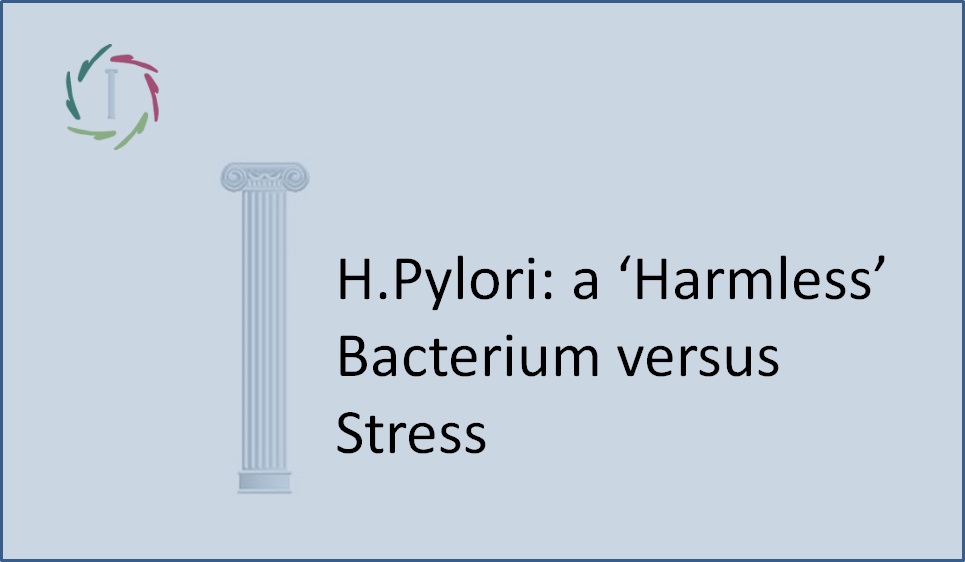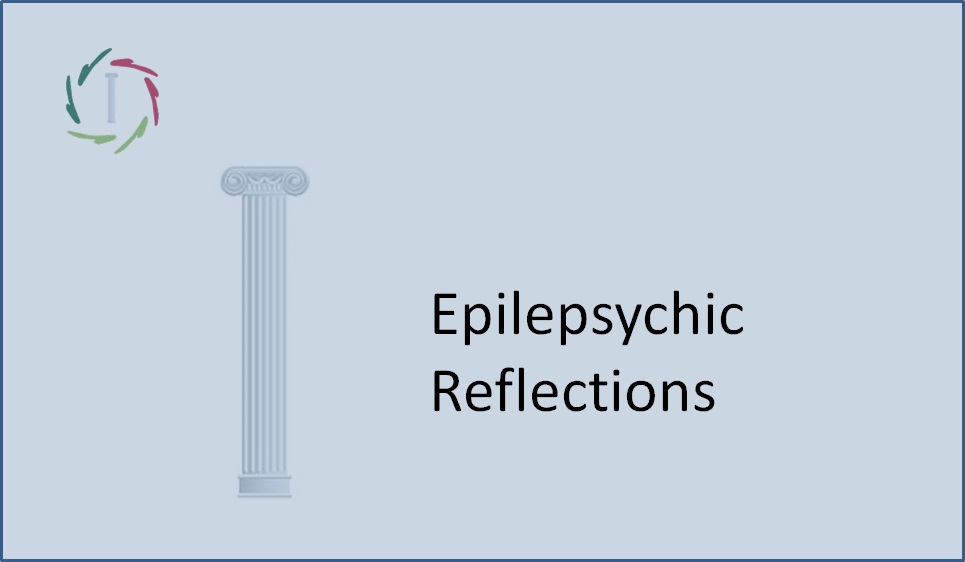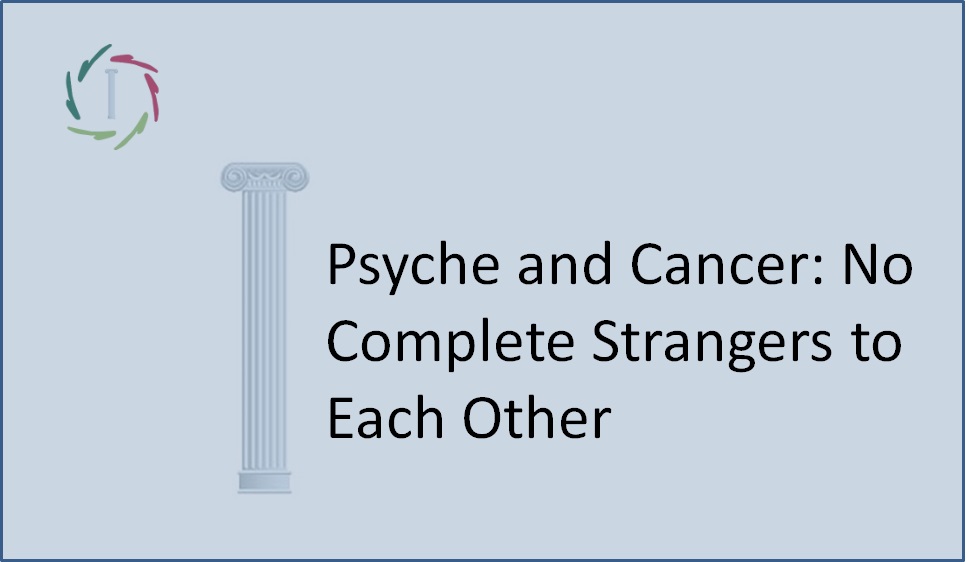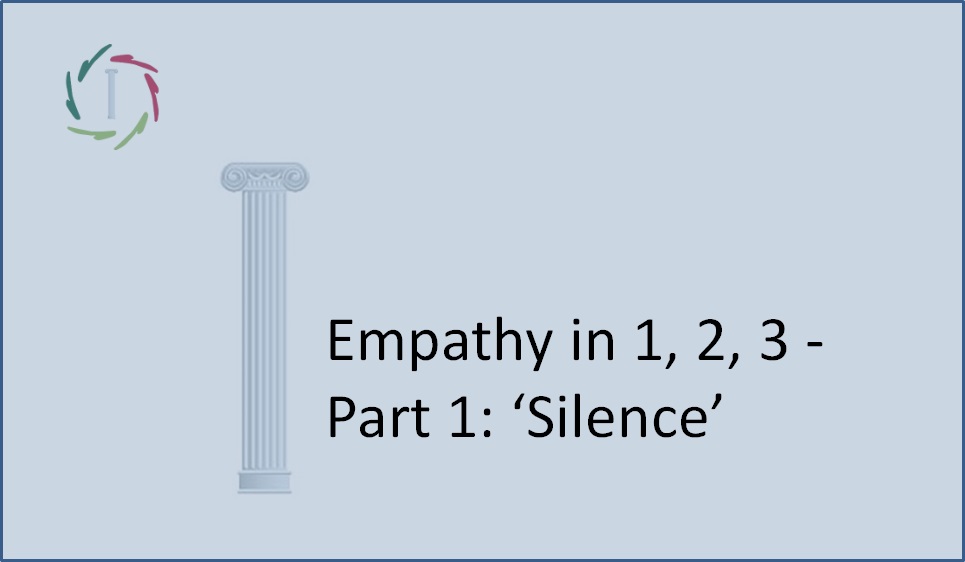15. H.Pylori: a ‘Harmless’ Bacterium versus Stress

Currently, medical causal thinking is a disaster.
The pre-bacterium era
Life, they say, can turn on a dime. For centuries and up to +/-30 years ago, the term ‘gastric ulcer’ stood for one of the clearest psychosomatic disorders. Stress was undoubtedly the cause par excellence of a gastric ulcer [19] [39]. What’s more, there is still additional evidence brought in for the stress hypothesis, up until this day [1] [2] [3] [4] [5] [6] [7] [8] [9] [18] [42] [43]. The central and local mechanisms through which stress can lead to a stomach ulcer, are also described [49]. Yet, a ‘harmless’ bacterium came to sabotage it all.
The bacterium era
The bacterium has fought hard for recognition. Or better said: the Australian doctors R.J. Warren and B.J. Marshall, who have struggled for recognition of their ideas for many years, has. In the first years they had to deal with lots of resistance and even with verbal aggression. However: “For he whose strivings never cease will finally achieve success”. In this case they even won the Nobel Prize for Medicine in 2005. A huge publication stream (already > 25,000 (!) scientific articles) mentioned the bacterium as the cause of stomach ulcers. This ‘revenge of the bacterium’ doesn’t always look like a very innocent fight to get rid of the psyche in the own medical practice.
However, it doesn’t entirely fit the image.
Namely: on the one hand, many people with ulcers are not infected with H. pylori. On the other hand: a large number of people who are indeed infected, has no ulcer and no symptoms [12] [13]. In addition, countries with a higher occurrence of H. pylori do not know a higher occurrence of duodenal ulcers [15]. So: if you look at it this way, apparently the bacterium does not increase the chance of an ulcer. There are quite a few outstanding questions. It seems to me that in the answers to these questions the word ‘mind’ is at least as important as the word ‘body’.
My vision: H.pylori is one factor in the perpetuation of gastric ulcers and possibly also in the creation of gastric ulcers, among others factors
such as blood circulation, immunity, stomach acid secretion, having a stomach, taking meds etc.
The psyche (stress) works through several of these factors. If one eradicates H. pylori, there will be less stomach ulcers. Possibly the psyche (stress) will, however, express itself in many other ways that may be even less fun than a stomach ulcer. The latter is a hypothesis that is difficult to verify (or falsify), but to me it seems sufficiently plausible to take it into account. In this sense I think that the psyche is and remains a major cause of gastric ulcers. Whether it is more important or less important than the bacterium, depends on several factors, including subjective appreciation.
The post-bacterium era
Currently, patients are often averse to terms that refer to the psychological or psychosomatic domain. For many people the derogatory statement ‘it’s all in your head’ means ‘you are just a nutcase’, or at least a mentally weak person. If the psyche is recognized as being always important, the resistance against it will be much less. Then it would be ‘that which simply occurs’, part of the objective reality that is the same for everyone. One needs no longer to pursue the image of a kind of two-dimensional figure which is, among other things, washed ashore from a deluge of advertising. One may simply be oneself.
In the post-bacterium era, we can hopefully fully focus on a multilayer causality, also in practice.
This is: different ‘causes’ which in combination (usually a complex one) lead to the result. With attention for causes of causes, without stopping in a biased way at the kind of some cause that fits into our own world model. For example: always a material cause, or always a psychological cause. That goes for the entire medical practice. The ultimate cause of a condition occurs only sporadically. Well altogether, the psyche does always play a substantial role in the matter. In the era after the bacterium we can hopefully keep the ultimate goal of medicine in mind: the total patient.
[references: www.aurelis.org/mind-body-column-refs.pdf]


